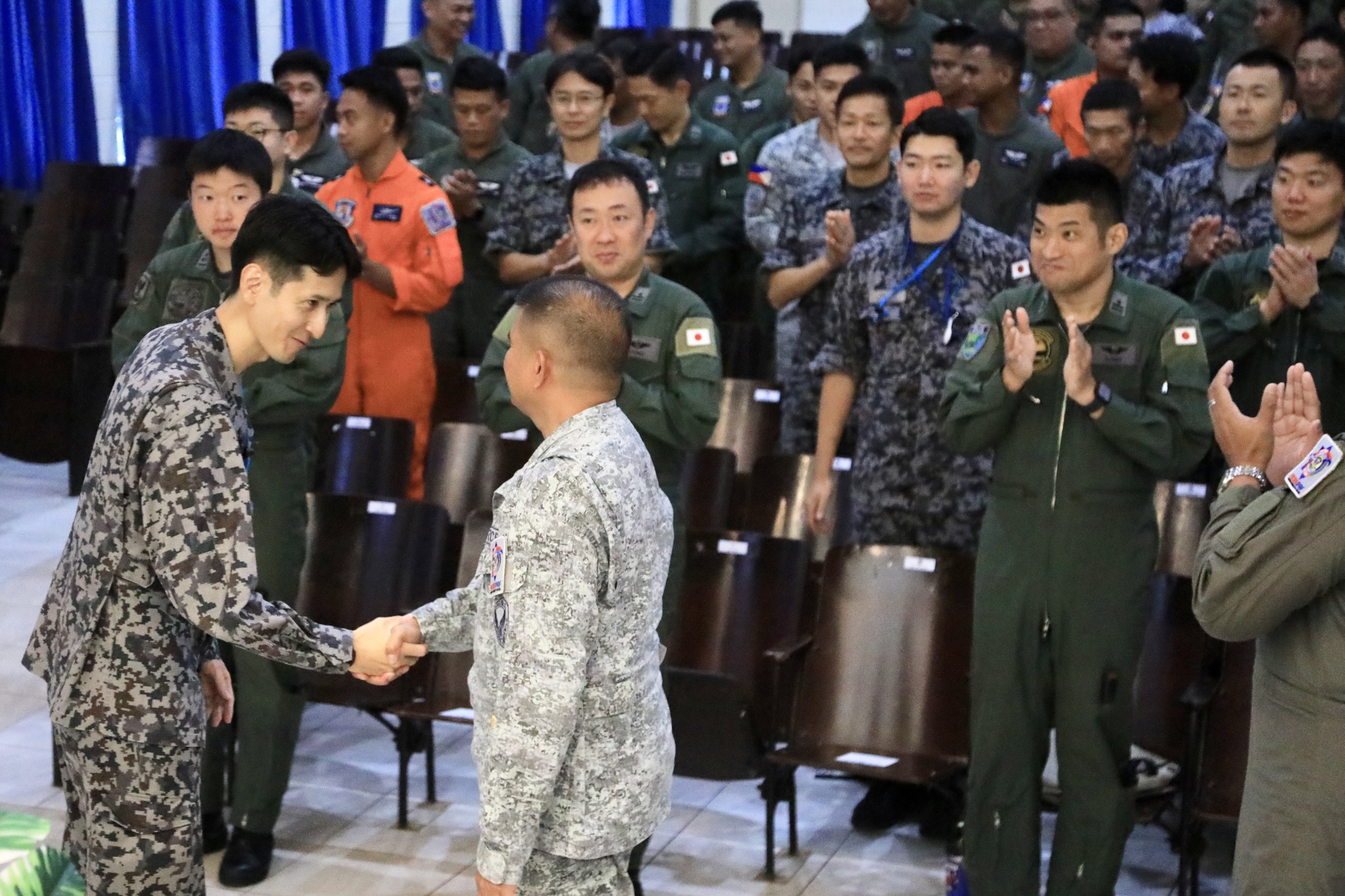
By Brian Campued
The Philippine Air Force (PAF) and the Japan Air Self-Defense Force (JASDF) have commenced their first joint military exercise under the Philippines-Japan Reciprocal Access Agreement (RAA), aimed at strengthening humanitarian assistance and disaster response (HADR).
Named the “Doshin-Bayanihan 5-25”, the joint training exercise is being held at the Benito N. Ebuen Air Base in Mactan, Cebu, from Oct. 7 to 11.
According to the PAF, the term “Doshin” translates to “same mind” in Japanese, while “Bayanihan” means “mutual support” in Filipino—describing both military’s commitment to bolstering interoperability and cooperation, particularly in HADR operations.
Despite being the first joint activity held after the RAA entered into force on Sept. 11, the Doshin-Bayanihan 5-25 marks the fifth iteration of the exercise. The RAA was signed and ratified by the Philippines in 2024 and approved by the Japanese Diet in June this year.
About 143 PAF personnel and 30 JASDF members will participate in the joint exercise, which features activities such as airlift, mobility, and medical operations, as well as night vision goggle flights.
“Both air forces are deploying C-130 aircraft, with operations designed to simulate real-world HADR scenarios,” PAF said Wednesday. “[A]ctual disaster relief operations will be applied to aid Cebu residents in light of the recent earthquake that struck the province.”
In a statement, National Security Adviser Eduardo Año hailed the event as a “strategic milestone” in the operationalization of the RAA, noting that activity reflects the “maturing security partnership” between the Philippines and Japan, “grounded in shared values, mutual respect, and a common commitment to a rules-based international order.”
Año also thanked the Japanese Government for the humanitarian support it extended to communities affected by the 6.9-magnitude earthquake in Cebu, “This dual effort underscores how the RAA can translate into direct, immediate benefits for the Filipino people, particularly in crisis response.”
The Department of Defense (DND), in a separate statement, likewise highlighted the military pact’s “pivotal role in facilitating enhanced bilateral defense collaboration, ensuring interoperability, and advancing both countries’ shared commitment to regional resilience, security, and stability.”
-jpv
